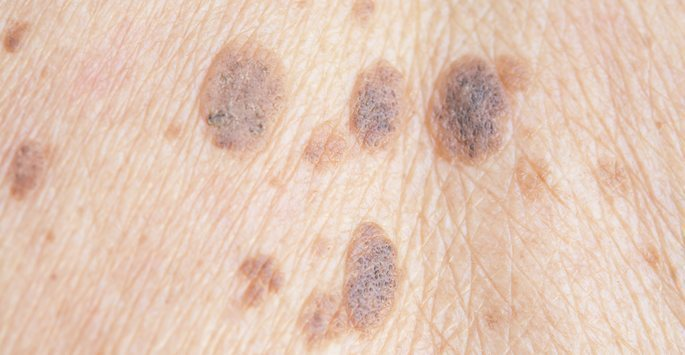Psoriasis Treatment Costa Mesa CA
Finding Psoriasis Treatment That Works
Psoriasis Treatment Costa Mesa CA that is usually not serious, but it does leave sufferers with dry, itchy skin. If this sounds like something that would affect your life, there are treatments available. Your doctor can determine which type you have and prescribe treatment based on the diagnosis. There are several options for treating this condition, including prescription medications, over the counter medications, natural remedies, and more. Here is some Psoriasis Treatment Tips for helping you find relief.

One psoriasis treatment option is to treat your symptoms with prescription medications. These medications may cause some unwelcome side effects, so you'll need to discuss them with your doctor. However, most people find that their symptoms diminish over time as they work on the problem. It's best to start with over-the-counter medication and then move on to prescription if your symptoms don't improve. Some doctors recommend phototherapy as a way of treating this condition.
This type of treatment involves using special lights that are placed on the affected areas of the skin to kill off the bacteria that cause scaly patches. You probably won't experience immediate results with phototherapy, as the medications must be applied several times a day in order for the medication to work. You should also be careful about the type of light you use; some types can cause skin irritation or even sunburn. Another common type of treatment for psoriasis is called zinc. Zinc can be used orally or sublingually (under the tongue), or it can be applied directly to the lesions.
For some people, guttate psoriasis may respond to zinc treatment, while others may not. Either way, zinc usually helps to reduce the inflammation associated with the lesions. Also, some doctors recommend that their patients treat psoriasis with zinc before moving onto other forms of treatment. You should consult with your doctor first to see if this recommendation would be right for you. Some people may need to wait a little while after phototherapy before seeing any results.
This is due to the fact that any damage done to the skin by the ultraviolet light can sometimes actually make the psoralens increase in size. If the damage is too severe, you may need to have more phototherapy sessions, or your doctor may need to get rid of some of the skin cancer around the affected areas. Once you've cleared up your psoriasis, you may need to give your phototherapy sessions some time to work.
For patients with erythrodermic psoriasis, the doctor will usually prescribe steroid tablets. These can be used to treat the symptoms of the disease as well, but they aren't meant to clear it up on their own. For many patients, these steroids may cause their symptoms to actually worsen, so you should always talk to your doctor about any additional side effects you may experience. Your doctor may also recommend a short course of phototherapy. This means exposing the skin to ultra violet light under medical supervision. The skin has a natural capacity to heal itself of any damage caused by sunlight.
However, UV rays can actually speed up the healing process, making this form of psoriasis treatment less effective over time. You should talk to your doctor about whether you'd be okay with this type of treatment, as there are some risks involved. If you're unsure about whether you'd want to pursue this route for your psoriasis, you may want to try one of the simpler forms of skin treatment first. For most people, lifestyle changes and avoidance of known triggers can be enough to bring relief to the symptoms. In the case of psoriasis that is genetic, however, there may be other options available. Speak to your doctor, and consider all your options before deciding which Psoriasis Treatment is right for you.

